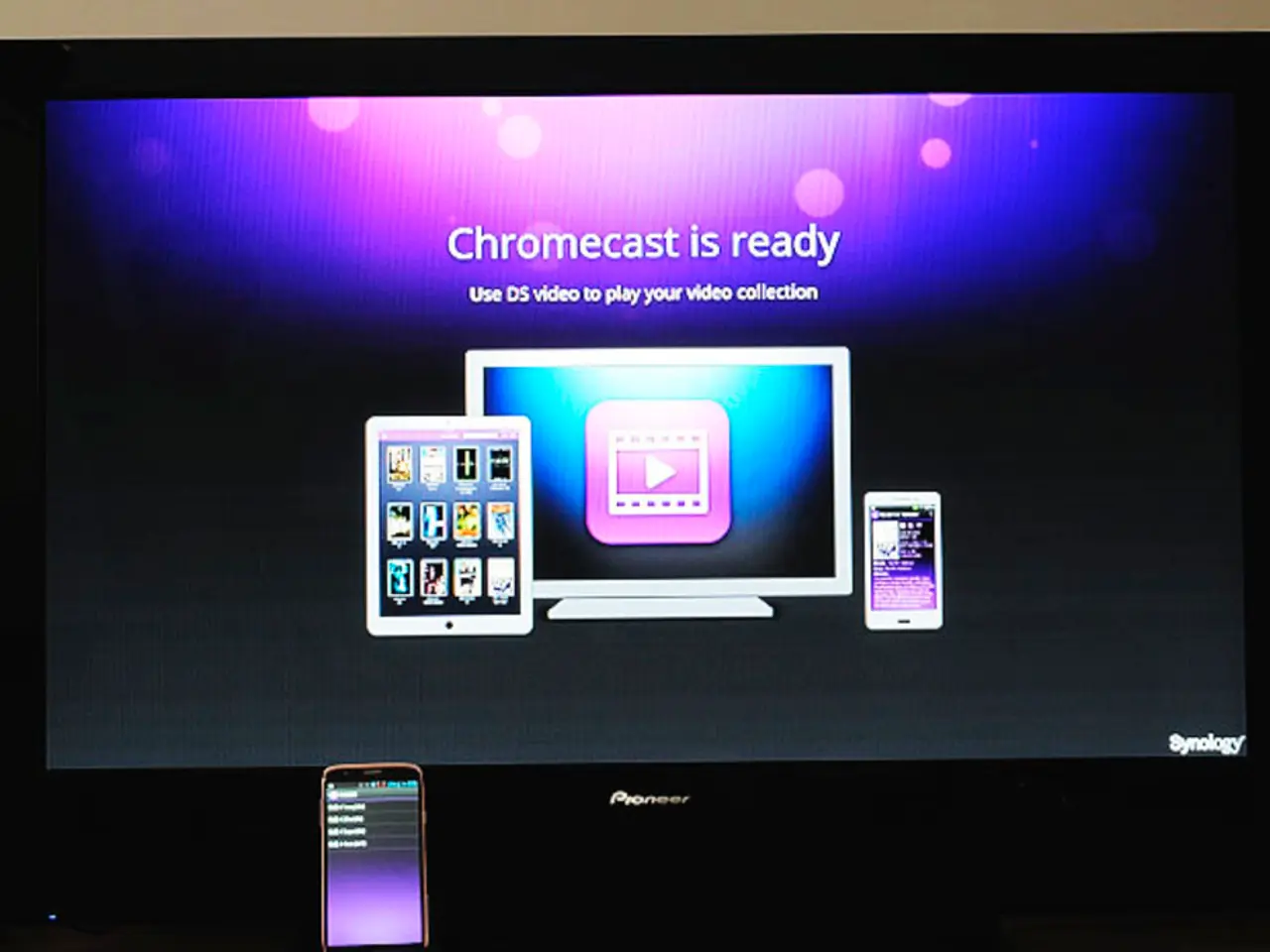Examining the Legal Complexities of IPTV in French-speaking Nations
In the age of streaming, Internet Protocol Television (IPTV) has become a popular choice for viewers seeking a convenient way to access international content. However, it's essential to use IPTV services responsibly, especially in French-speaking countries like France, where copyright compliance and broadcasting rights play a significant role.
Legal IPTV Services in France
Licensed IPTV services in France comply with the country's broadcasting and copyright laws. These services provide access to authorised content, including local and international channels, often tailored for French-speaking users. Subscription-based IPTV providers operating legally ensure they have the necessary permissions to distribute channels and on-demand content.
Unlicensed IPTV Services: Risks and Consequences
On the other hand, unlicensed IPTV services that distribute copyrighted content without permission are illegal. Using such services risks legal consequences, including fines and criminal charges under French law and relevant EU directives. French courts actively enforce anti-piracy measures, such as ordering VPNs and ISPs to block access to pirate IPTV streaming domains.
Legal Measures Against IPTV Piracy
French law empowers courts to impose targeted measures against IPTV piracy, including blocking and injunctions. Recent rulings have upheld such measures even against challenges referencing EU law, emphasizing proportionality and specificity of these orders.
VPNs and IPTV Piracy
Using VPNs to bypass IPTV content restrictions or to conceal illegal IPTV use does not legalize infringing activity. While VPNs may protect privacy, French courts reject arguments that they can exempt users or providers from copyright and broadcasting rules.
Consumer Responsibility
For consumers, it is important to verify IPTV providers’ legitimacy by ensuring they hold broadcasting rights and comply with French applicable laws to avoid unintentional infringement.
The Importance of Quality over Quantity
While IPTV offers a vast array of content, prioritizing quality over quantity in media consumption is important. Attending a workshop focused on media consumption laws can be a transformative experience, shedding light on the complex world of content rights.
In summary, the legal use of IPTV services in French-speaking countries depends on providers having appropriate broadcasting and distribution licenses, compliance with copyright law, and avoiding services known to distribute unauthorized content. Enforcement via judicial rulings and technical blocking is active and effective in France. By being aware of these legal considerations, viewers can ensure they engage with IPTV services responsibly, supporting the creative community and shielding themselves from potential legal pitfalls.
[1] "IPTV Piracy: The French Judicial Response," European Intellectual Property Review, 2020.
[2] "French Courts' Approach to IPTV Piracy," World Trademark Review, 2021.
[3] "IPTV in France: Legal and Regulatory Considerations," International Journal of Law and Information Technology, 2019.
[4] "The Intersection of Technology, Legality, and Consumer Roles in IPTV," Media, Culture & Society, 2021.
[5] "Navigating the IPTV Landscape: A Consumer Guide," French Ministry of Culture, 2020.
- To access legal IPTV services in France, consumers should ensure that the providers hold appropriate broadcasting and distribution licenses and comply with French copyright law to avoid unintentional infringement.
- Unlicensed IPTV services that distribute copyrighted content without permission are illegal, and using such services risks legal consequences, including fines and criminal charges under French law and relevant EU directives.
- French law empowers courts to impose targeted measures against IPTV piracy, including blocking and injunctions, with recent rulings upholding such measures even when challenged on grounds of EU law.
- Prioritizing quality over quantity in media consumption is important, and attending a workshop focused on media consumption laws can provide valuable insights into the complexities of content rights, particularly in the context of IPTV services.




